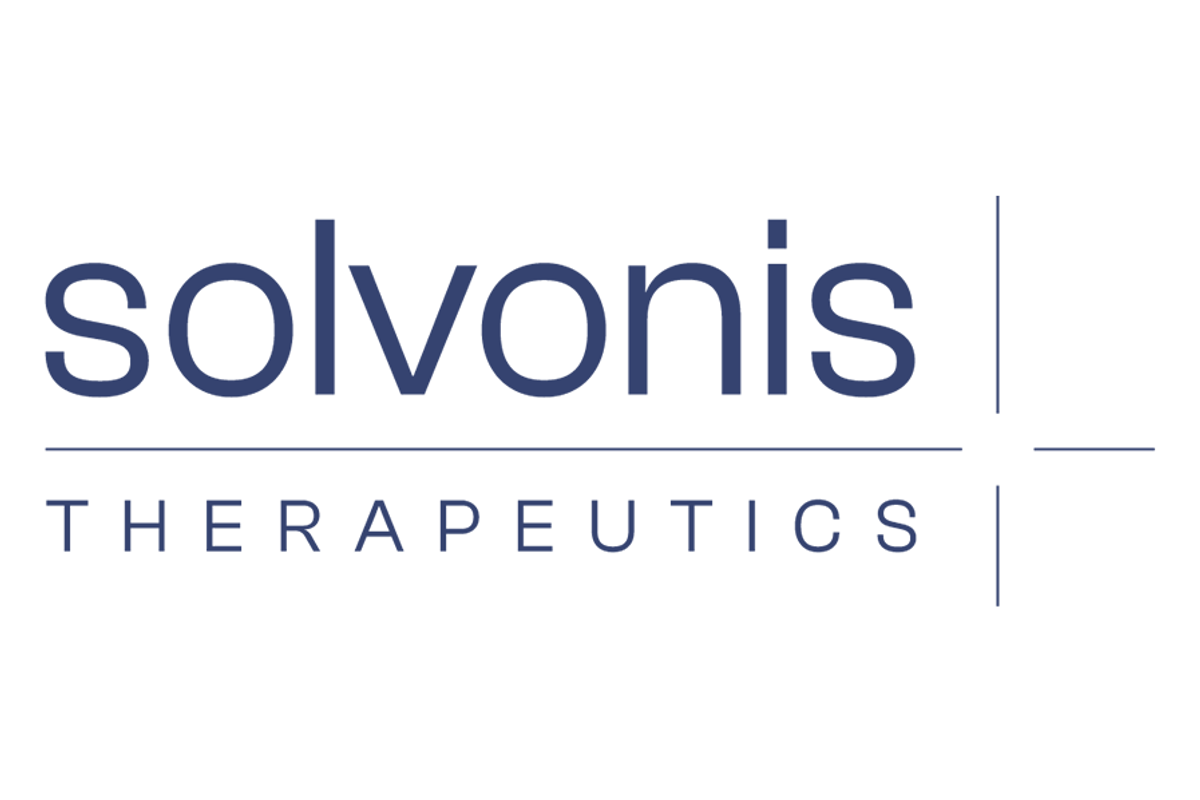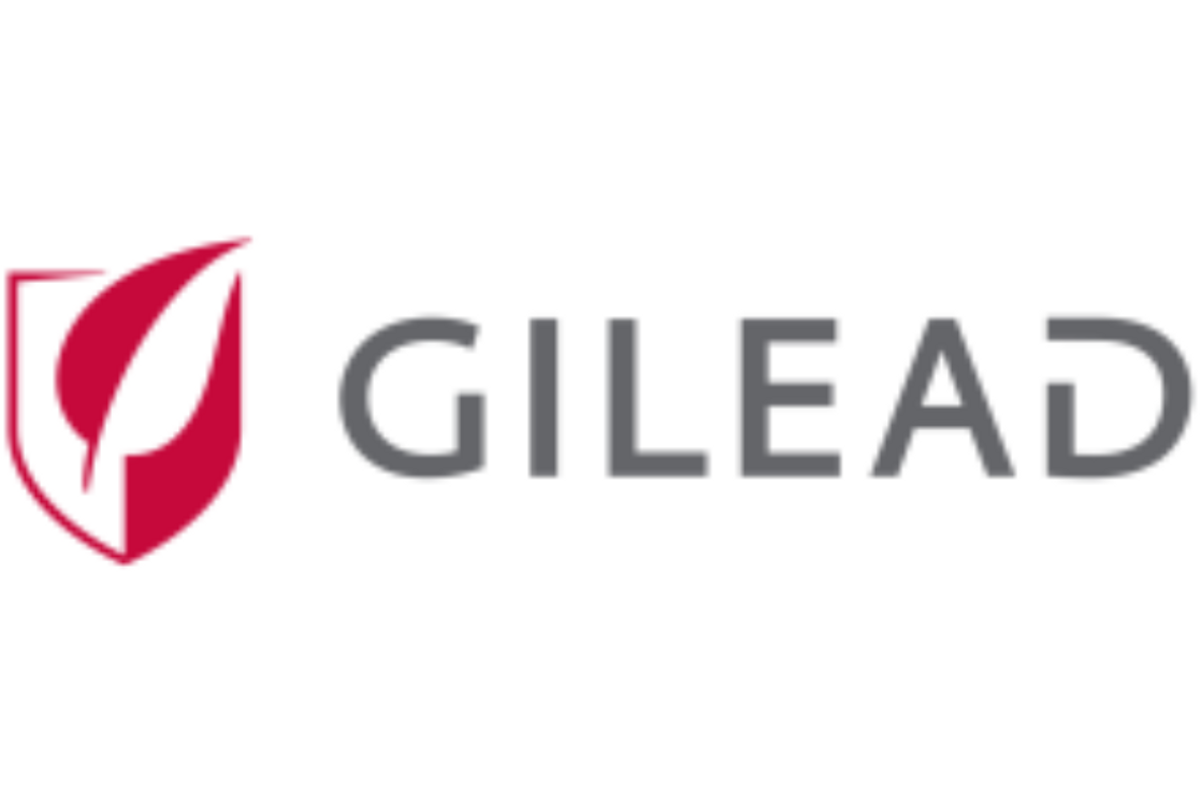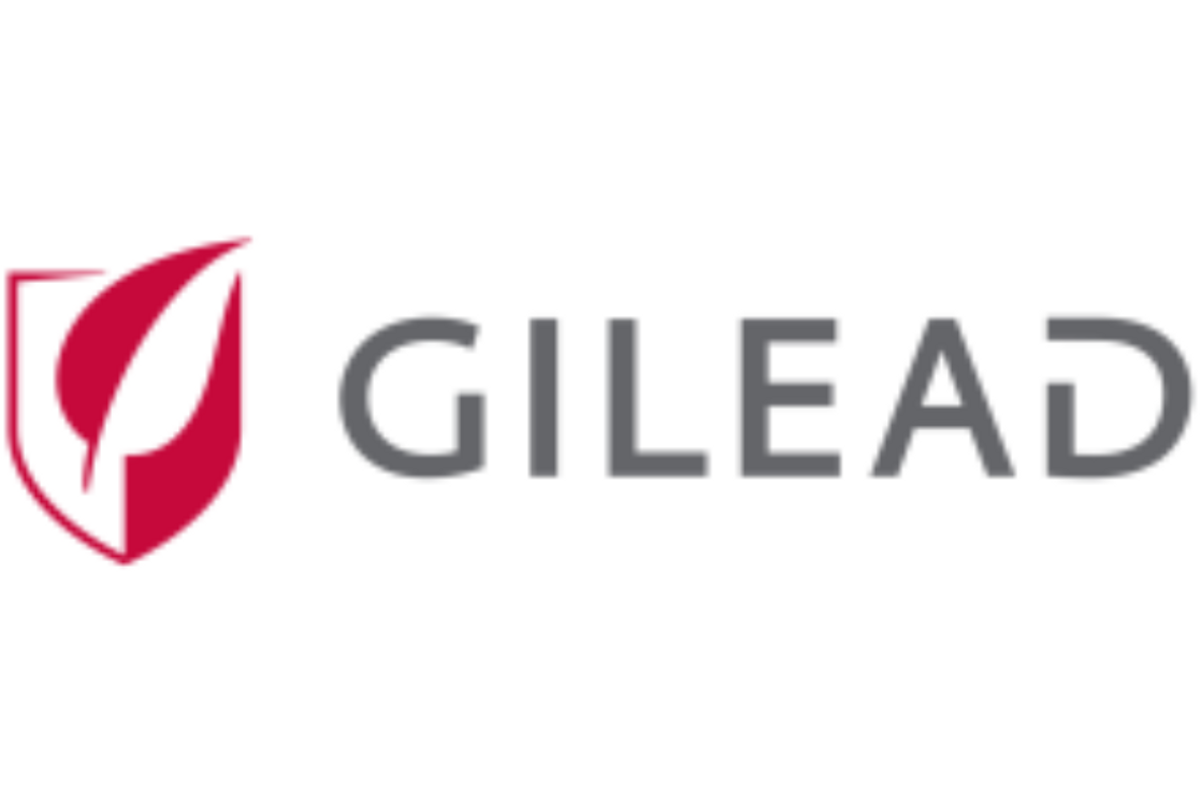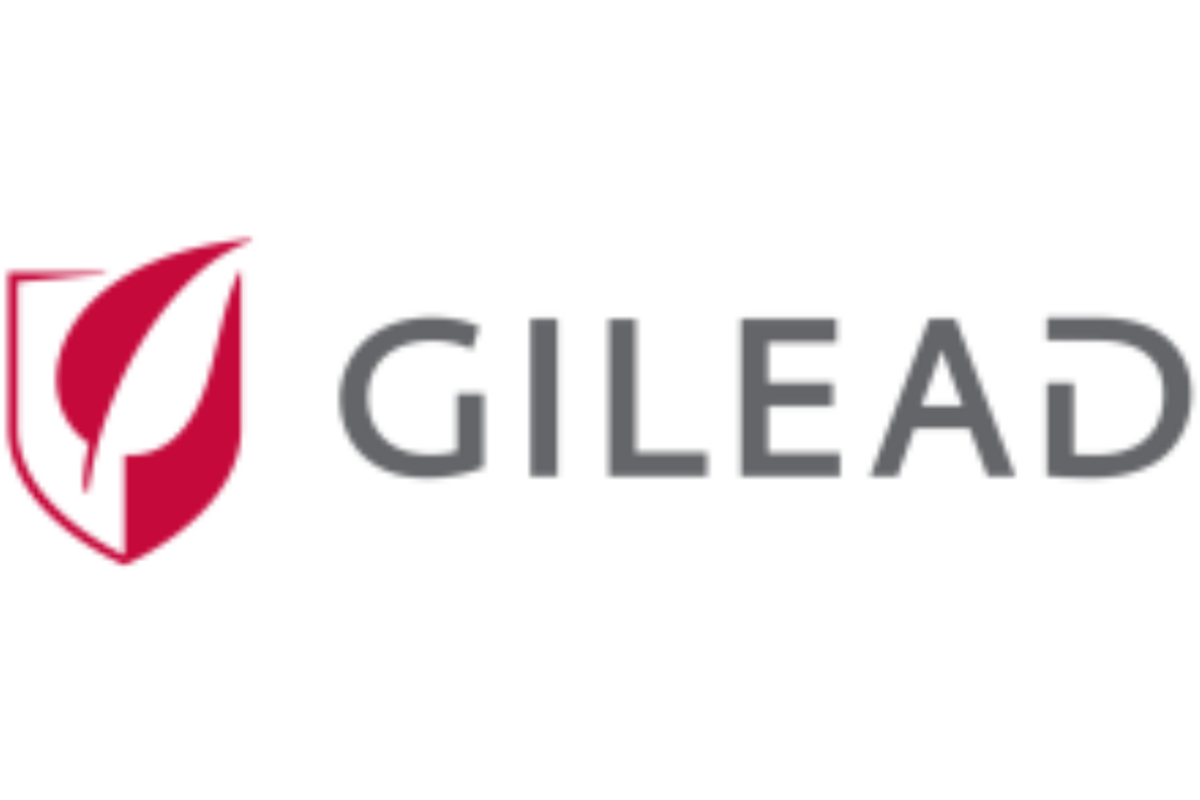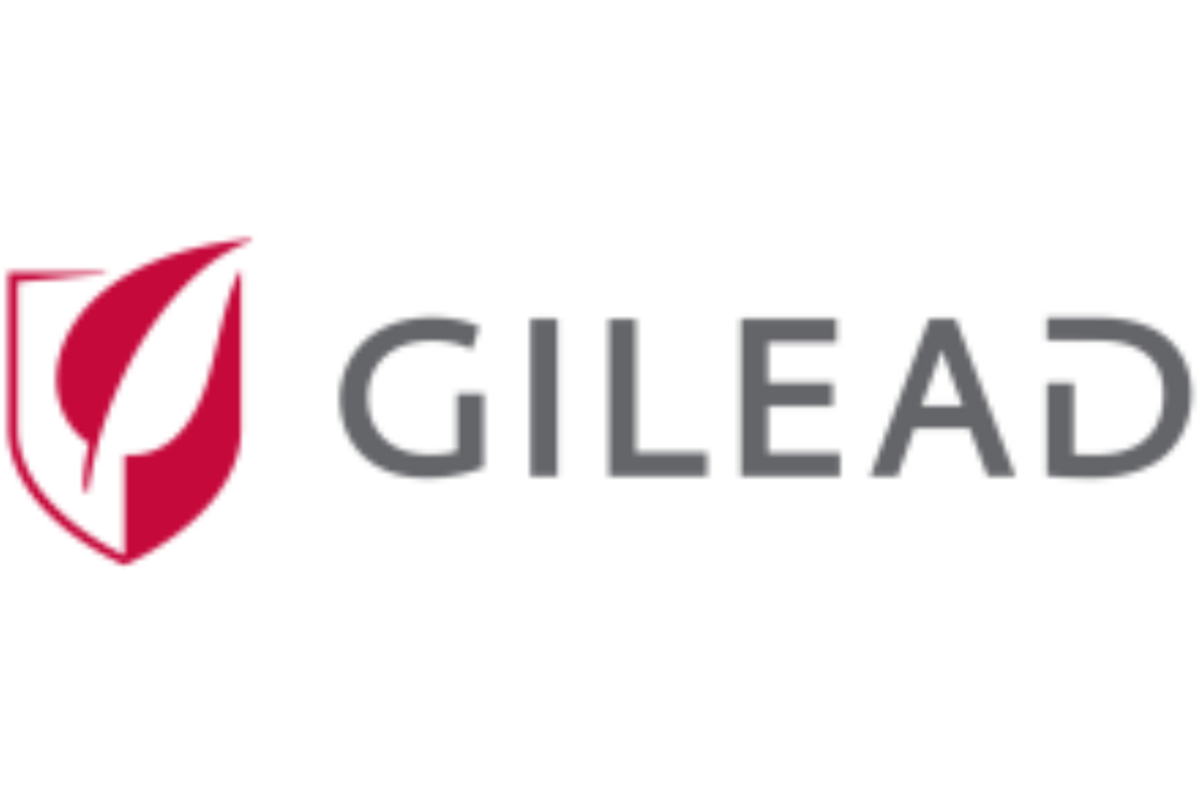-- In Three-Year Follow-up in Relapsed/Refractory Mantle Cell Lymphoma, Tecartus Induced High Rates of Durable Response (ORR 91%, 68% CR) and a Median Overall Survival of 46.6 Months --
-- In Both Trials, Tecartus Showed Durability of Response, With Median Overall Survival Not Yet Reached Among Patients Who Achieved a Complete Response --
Kite, a Gilead Company (Nasdaq: GILD), today announced longer-term follow-up results from two pivotal studies of the CAR T-cell therapy Tecartus ® (brexucabtagene autoleucel). The three-year follow-up of ZUMA-2, a Phase 2 global, multi-center study evaluating the efficacy of Tecartus in patients with relapsed/refractory (R/R) mantle cell lymphoma (MCL), and two-year follow-up of ZUMA-3, a global, multi-center, single-arm, open-label Phase 1/2 study evaluating Tecartus in adult patients (≥18 years old) with R/R B-cell acute lymphoblastic leukemia (B-ALL) were both presented today during a poster session at the 2022 American Society of Clinical Oncology (ASCO) Annual Meeting (Abstracts #7518 and #7010). Three-year follow-up data from ZUMA-2 were also simultaneously published in ASCO's Journal of Clinical Oncology .
"We are very encouraged by the totality of these data, which suggest a significant and sustained response with Tecartus for people living with difficult-to-treat blood cancers like MCL and B-ALL," said Frank Neumann, MD, PhD, SVP & Global Head of Clinical Development, Kite. "These longer-term results add to the growing maturity of data on Kite's CAR T-cell therapies."
At nearly three years of follow-up (median 35.6 months) in the ZUMA-2 trial, the overall response rate (ORR) was 91%, with 68% of treated patients achieving a complete response (CR; 95% CI, 55.2–78.5). The median duration of response (DOR) was 28.2 months, with 37% of treated patients in ongoing response at data cut-off. Median overall survival (OS) among treated patients was 46.6 months. Among those patients who achieved a CR, the median OS has not yet been reached (30-month OS rate was 60.3%). Late relapse, classified as more than 24 months post-infusion, was infrequent (n=3).
"There remains a significant need among patients living with MCL for therapies that provide a long-term response, as many patients have high-risk disease that is more likely to relapse or progress following multiple lines of treatment," said Michael Wang, MD, ZUMA-2 Lead Investigator and Puddin Clarke Endowed Professor, Department of Lymphoma and Myeloma, Division of Cancer Medicine at The University of Texas MD Anderson Cancer Center. "The three-year data from ZUMA-2 represent the longest follow-up for a CAR T-cell therapy in MCL patients to date and are impressive in their demonstration of brexu-cel to elicit durable long-term responses."
In the ZUMA-3 trial, longer follow-up of the pivotal analysis and outcomes of a newly-conducted larger pooled analysis of Phase 1 and 2 patients by independent review who received the pivotal dose of Tecartus were reported. Most patients in the analysis were heavily pre-treated, with a median of two prior therapies, and 47% had received three or more prior therapies. At a median follow-up of 29.7 months for pooled Phase 1 and 2 patients, 73.1% of treated patients achieved a CR or CR with incomplete hematological recovery (CRi). Median OS was 25.4 months for both Phase 2 treated patients and pooled Phase 1 and 2 treated patients. At data cutoff, median OS had not yet been reached in Phase 2 patients who achieved a CR. Similar outcomes among Phase 2 treated patients (n=55) and the pooled analysis of Phase 1 and 2 patients (n=78) were observed.
"With two years of follow-up and an expanded data set in ZUMA-3 in a heavily pre-treated patient population, we've observed a high durable response rate, with the majority of the responses associated with undetectable minimal residual disease following treatment with brexu-cel," said Bijal Shah, MD, ZUMA-3 investigator and medical oncologist, Moffitt Cancer Center, Tampa, Florida. "For adult patients with B-ALL, this is a marked improvement relative to historical standards of care, so these treatment results are particularly important."
Across both trials, no new safety signal has been observed in this extended follow-up period. In ZUMA-2, 3% of treatment-emergent adverse events (AEs) of interest occurred since the primary report. The most frequent Grade ≥3 AE was neutropenia (1 [1%] Grade 3; 7 [10%] Grade 4). Two patients had treatment-related Grade 3 serious infections, pneumonia and upper respiratory tract infection (n=1) and influenza (n=1). There were no new cytokine release syndrome (CRS) AEs. In ZUMA-3, no new-onset CRS, neurological events, infections, or hypogammaglobulinemia of any grade have occurred since the Phase 2 primary analysis. One new Grade 5 AE has occurred since the primary analysis (graft-versus-host disease; deemed not treatment-related).
Tecartus is currently approved for the treatment of relapsed or refractory MCL, as the first and only CAR T-cell therapy to receive accelerated approval from the U.S. Food and Drug Administration (FDA) in this indication. Tecartus is also approved for relapsed or refractory B-cell ALL, as the first and only CAR T-cell therapy approved for adults (≥18 years old) with ALL. The Tecartus U.S. Prescribing Information has a Boxed Warning in its product label regarding the risks of CRS and neurologic toxicities, and Tecartus is approved with a risk evaluation and mitigation strategy (REMS) due to these risks; see below for Indication and Important Safety Information.
About MCL
MCL is a rare form of non-Hodgkin lymphoma (NHL) that arises from cells originating in the "mantle zone" of the lymph node and predominantly affects men over the age of 60. Approximately 33,000 people worldwide are diagnosed with MCL each year. MCL is highly aggressive following relapse, with many patients progressing following therapy.
About B-ALL
ALL is an aggressive type of blood cancer that can also involve the lymph nodes, spleen, liver, central nervous system and other organs. Globally, approximately 64,200 people are diagnosed with ALL each year. Of those, 60% of cases occur in those under age 20. Approximately 1,000 adults in the U.S. are treated annually for relapsed or refractory ALL. B-cell precursor ALL is the most common form, accounting for approximately 75% of cases, and treatment is typically associated with inferior outcomes compared with other types of ALL. Survival rates remain very poor in adult patients with relapsed or refractory ALL, with median OS at less than eight months.
About Tecartus
Please see full Prescribing Information , including BOXED WARNING and Medication Guide.
Tecartus is a CD19-directed genetically modified autologous T cell immunotherapy indicated for the treatment of:
- Adult patients with relapsed or refractory mantle cell lymphoma (MCL).
This indication is approved under accelerated approval based on overall response rate and durability of response. Continued approval for this indication may be contingent upon verification and description of clinical benefit in a confirmatory trial.
- Adult patients with relapsed or refractory B-cell precursor acute lymphoblastic leukemia (ALL).
U.S. IMPORTANT SAFETY INFORMATION
BOXED WARNING: CYTOKINE RELEASE SYNDROME and NEUROLOGIC TOXICITIES
- Cytokine Release Syndrome (CRS), including life-threatening reactions, occurred in patients receiving Tecartus. Do not administer Tecartus to patients with active infection or inflammatory disorders. Treat severe or life-threatening CRS with tocilizumab or tocilizumab and corticosteroids.
- Neurologic toxicities, including life-threatening reactions, occurred in patients receiving Tecartus, including concurrently with CRS or after CRS resolution. Monitor for neurologic toxicities after treatment with Tecartus. Provide supportive care and/or corticosteroids as needed.
- Tecartus is available only through a restricted program under a Risk Evaluation and Mitigation Strategy (REMS) called the Yescarta and Tecartus REMS Program.
Cytokine Release Syndrome (CRS) , including life-threatening reactions, occurred following treatment with Tecartus. In ZUMA-2, CRS occurred in 91% (75/82) of patients receiving Tecartus, including ≥ Grade 3 CRS in 18% of patients. Among the patients who died after receiving Tecartus, one had a fatal CRS event. The median time to onset of CRS was three days (range: 1 to 13 days) and the median duration of CRS was ten days (range: 1 to 50 days). Among patients with CRS, the key manifestations (>10%) were similar in MCL and ALL and included fever (93%), hypotension (62%), tachycardia (59%), chills (32%), hypoxia (31%), headache (21%), fatigue (20%), and nausea (13%). Serious events associated with CRS included hypotension, fever, hypoxia, tachycardia, and dyspnea.
Ensure that a minimum of two doses of tocilizumab are available for each patient prior to infusion of Tecartus. Following infusion, monitor patients for signs and symptoms of CRS daily for at least seven days for patients with MCL and at least 14 days for patients with ALL at the certified healthcare facility, and for four weeks thereafter. Counsel patients to seek immediate medical attention should signs or symptoms of CRS occur at any time. At the first sign of CRS, institute treatment with supportive care, tocilizumab, or tocilizumab and corticosteroids as indicated.
Neurologic Events, including those that were fatal or life-threatening, occurred following treatment with Tecartus. Neurologic events occurred in 81% (66/82) of patients with MCL, including ≥ Grade 3 in 37% of patients. The median time to onset for neurologic events was six days (range: 1 to 32 days) with a median duration of 21 days (range: 2 to 454 days) in patients with MCL. Neurologic events occurred in 87% (68/78) of patients with ALL, including ≥ Grade 3 in 35% of patients. The median time to onset for neurologic events was seven days (range: 1 to 51 days) with a median duration of 15 days (range: 1 to 397 days) in patients with ALL. For patients with MCL, 54 (66%) patients experienced CRS before the onset of neurological events. Five (6%) patients did not experience CRS with neurologic events and eight patients (10%) developed neurological events after the resolution of CRS. Neurologic events resolved for 119 out of 134 (89%) patients treated with Tecartus. Nine patients (three patients with MCL and six patients with ALL) had ongoing neurologic events at the time of death. For patients with ALL, neurologic events occurred before, during, and after CRS in 4 (5%), 57 (73%), and 8 (10%) of patients; respectively. Three patients (4%) had neurologic events without CRS. The onset of neurologic events can be concurrent with CRS, following resolution of CRS or in the absence of CRS.
The most common neurologic events (>10%) were similar in MCL and ALL and included encephalopathy (57%), headache (37%), tremor (34%), confusional state (26%), aphasia (23%), delirium (17%), dizziness (15%), anxiety (14%), and agitation (12%). Serious events including encephalopathy, aphasia, confusional state, and seizures occurred after treatment with Tecartus.
Monitor patients daily for at least seven days for patients with MCL and at least 14 days for patients with ALL at the certified healthcare facility and for four weeks following infusion for signs and symptoms of neurologic toxicities and treat promptly.
REMS Program: Because of the risk of CRS and neurologic toxicities, Tecartus is available only through a restricted program under a Risk Evaluation and Mitigation Strategy (REMS) called the Yescarta and Tecartus REMS Program which requires that:
- Healthcare facilities that dispense and administer Tecartus must be enrolled and comply with the REMS requirements. Certified healthcare facilities must have on-site, immediate access to tocilizumab, and ensure that a minimum of two doses of tocilizumab are available for each patient for infusion within two hours after Tecartus infusion, if needed for treatment of CRS.
- Certified healthcare facilities must ensure that healthcare providers who prescribe, dispense, or administer Tecartus are trained in the management of CRS and neurologic toxicities. Further information is available at www.YescartaTecartusREMS.com or 1-844-454-KITE (5483).
Hypersensitivity Reactions: Serious hypersensitivity reactions, including anaphylaxis, may occur due to dimethyl sulfoxide (DMSO) or residual gentamicin in Tecartus.
Severe Infections: Severe or life-threatening infections occurred in patients after Tecartus infusion. Infections (all grades) occurred in 56% (46/82) of patients with MCL and 44% (34/78) of patients with ALL. Grade 3 or higher infections, including bacterial, viral, and fungal infections, occurred in 30% of patients with ALL and MCL. Tecartus should not be administered to patients with clinically significant active systemic infections. Monitor patients for signs and symptoms of infection before and after Tecartus infusion and treat appropriately. Administer prophylactic antimicrobials according to local guidelines.
Febrile neutropenia was observed in 6% of patients with MCL and 35% of patients with ALL after Tecartus infusion and may be concurrent with CRS. The febrile neutropenia in 27 (35%) of patients with ALL includes events of "febrile neutropenia" (11 (14%)) plus the concurrent events of "fever" and "neutropenia" (16 (21%)). In the event of febrile neutropenia, evaluate for infection and manage with broad spectrum antibiotics, fluids, and other supportive care as medically indicated.
In immunosuppressed patients, life-threatening and fatal opportunistic infections have been reported. The possibility of rare infectious etiologies (e.g., fungal and viral infections such as HHV-6 and progressive multifocal leukoencephalopathy) should be considered in patients with neurologic events and appropriate diagnostic evaluations should be performed.
Hepatitis B virus (HBV) reactivation, in some cases resulting in fulminant hepatitis, hepatic failure, and death, can occur in patients treated with drugs directed against B cells. Perform screening for HBV, HCV, and HIV in accordance with clinical guidelines before collection of cells for manufacturing.
Prolonged Cytopenias: Patients may exhibit cytopenias for several weeks following lymphodepleting chemotherapy and Tecartus infusion. In patients with MCL, Grade 3 or higher cytopenias not resolved by Day 30 following Tecartus infusion occurred in 55% (45/82) of patients and included thrombocytopenia (38%), neutropenia (37%), and anemia (17%). In patients with ALL who were responders to Tecartus treatment, Grade 3 or higher cytopenias not resolved by Day 30 following Tecartus infusion occurred in 20% (7/35) of the patients and included neutropenia (12%) and thrombocytopenia (12%); Grade 3 or higher cytopenias not resolved by Day 60 following Tecartus infusion occurred in 11% (4/35) of the patients and included neutropenia (9%) and thrombocytopenia (6%). Monitor blood counts after Tecartus infusion.
Hypogammaglobulinemia: B cell aplasia and hypogammaglobulinemia can occur in patients receiving treatment with Tecartus. Hypogammaglobulinemia was reported in 16% (13/82) of patients with MCL and 9% (7/78) of patients with ALL. Monitor immunoglobulin levels after treatment with Tecartus and manage using infection precautions, antibiotic prophylaxis, and immunoglobulin replacement.
The safety of immunization with live viral vaccines during or following Tecartus treatment has not been studied. Vaccination with live virus vaccines is not recommended for at least six weeks prior to the start of lymphodepleting chemotherapy, during Tecartus treatment, and until immune recovery following treatment with Tecartus.
Secondary Malignancies may develop. Monitor life-long for secondary malignancies. In the event that one occurs, contact Kite at 1-844-454-KITE (5483) to obtain instructions on patient samples to collect for testing.
Effects on Ability to Drive and Use Machines: Due to the potential for neurologic events, including altered mental status or seizures, patients are at risk for altered or decreased consciousness or coordination in the 8 weeks following Tecartus infusion. Advise patients to refrain from driving and engaging in hazardous activities, such as operating heavy or potentially dangerous machinery, during this period.
Adverse Reactions: The most common non-laboratory adverse reactions (≥ 20%) were fever, cytokine release syndrome, hypotension, encephalopathy, tachycardia, nausea, chills, headache, fatigue, febrile neutropenia, diarrhea, musculoskeletal pain, hypoxia, rash, edema, tremor, infection with pathogen unspecified, constipation, decreased appetite, and vomiting. The most common serious adverse reactions (≥ 2%) were cytokine release syndrome, febrile neutropenia, hypotension, encephalopathy, fever, infection with pathogen unspecified, hypoxia, tachycardia, bacterial infections, respiratory failure, seizure, diarrhea, dyspnea, fungal infections, viral infections, coagulopathy, delirium, fatigue, hemophagocytic lymphohistiocytosis, musculoskeletal pain, edema, and paraparesis.
About Kite
Kite, a Gilead Company, is a global biopharmaceutical company based in Santa Monica, California, with manufacturing operations in North America and Europe. Kite's singular focus is cell therapy to treat and potentially cure cancer. As the cell therapy leader, Kite has more approved CAR T indications to help more patients than any other company. For more information on Kite, please visit www.kitepharma.com .
About Gilead Sciences
Gilead Sciences, Inc. is a biopharmaceutical company that has pursued and achieved breakthroughs in medicine for more than three decades, with the goal of creating a healthier world for all people. The company is committed to advancing innovative medicines to prevent and treat life-threatening diseases, including HIV, viral hepatitis and cancer. Gilead operates in more than 35 countries worldwide, with headquarters in Foster City, California.
Forward-Looking Statements
This press release includes forward-looking statements within the meaning of the Private Securities Litigation Reform Act of 1995 that are subject to risks, uncertainties and other factors, including the ability of Kite and Gilead to initiate, progress or complete clinical trials within currently anticipated timelines or at all, and the possibility of unfavorable results from ongoing or additional clinical trials, including those involving Tecartus; the risk that physicians and patients may not see the potential benefits of Tecartus; and any assumptions underlying any of the foregoing. These and other risks, uncertainties and other factors are described in detail in Gilead's Quarterly Report on Form 10-Q for the quarter ended March 31, 2022, as filed with the U.S. Securities and Exchange Commission. These risks, uncertainties and other factors could cause actual results to differ materially from those referred to in the forward-looking statements. All statements other than statements of historical fact are statements that could be deemed forward-looking statements. The reader is cautioned that any such forward-looking statements are not guarantees of future performance and involve risks and uncertainties, and is cautioned not to place undue reliance on these forward-looking statements. All forward-looking statements are based on information currently available to Kite and Gilead, and Kite and Gilead assume no obligation and disclaim any intent to update any such forward-looking statements.
U.S. Prescribing Information for Tecartus including BOXED WARNING , is available at www.kitepharma.com and www.gilead.com .
Kite, the Kite logo, Yescarta, Tecartus, XLP and GILEAD are trademarks of Gilead Sciences, Inc. or its related companies.
For more information on Kite, please visit the company's website at www. kitepharma.com or call Gilead Public Affairs at 1-800-GILEAD-5 or 1-650-574-3000. Follow Kite on social media on Twitter ( @KitePharma ) and LinkedIn .
View source version on businesswire.com: https://www.businesswire.com/news/home/20220604005030/en/
Jacquie Ross, Investors
investor_relations@gilead.com
Anna Padula, Media
apadula@kitepharma.com
